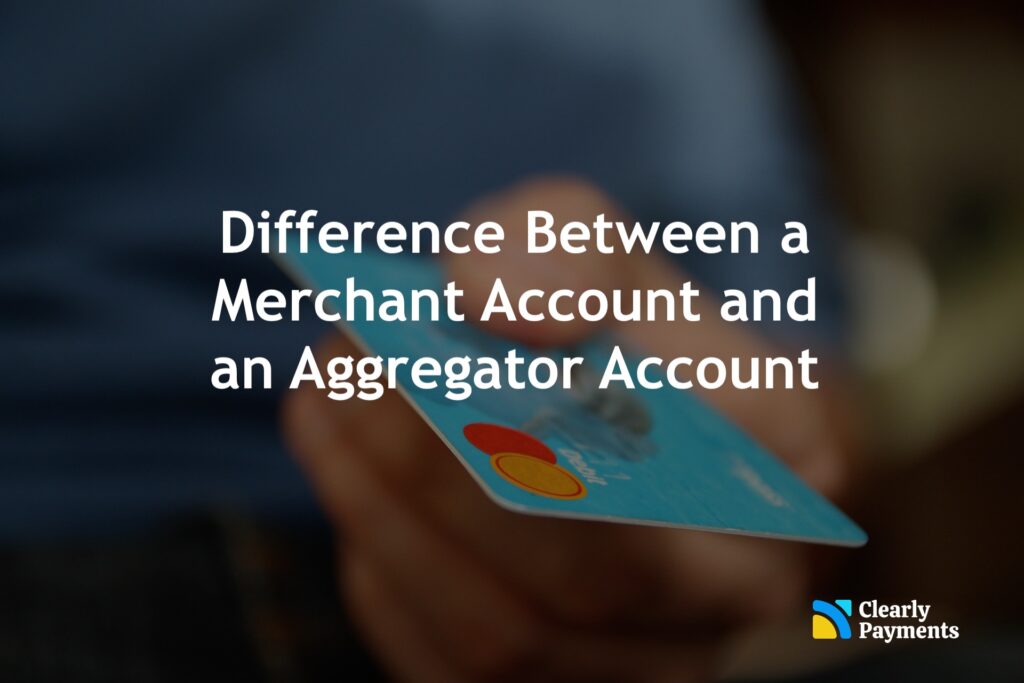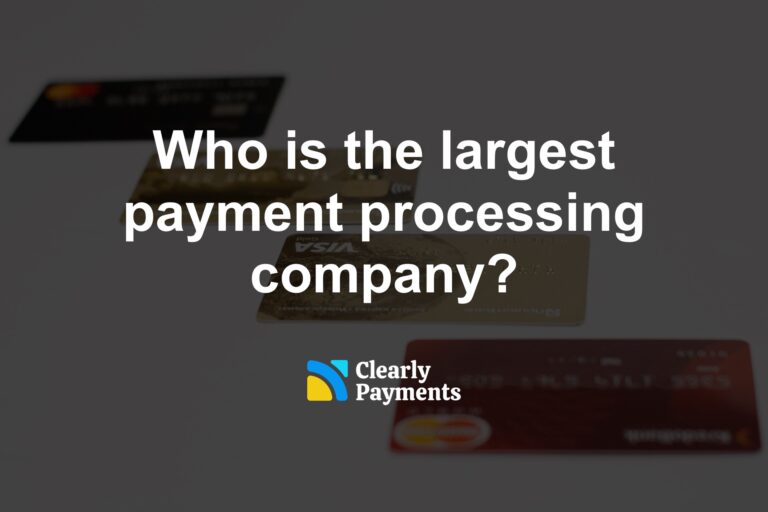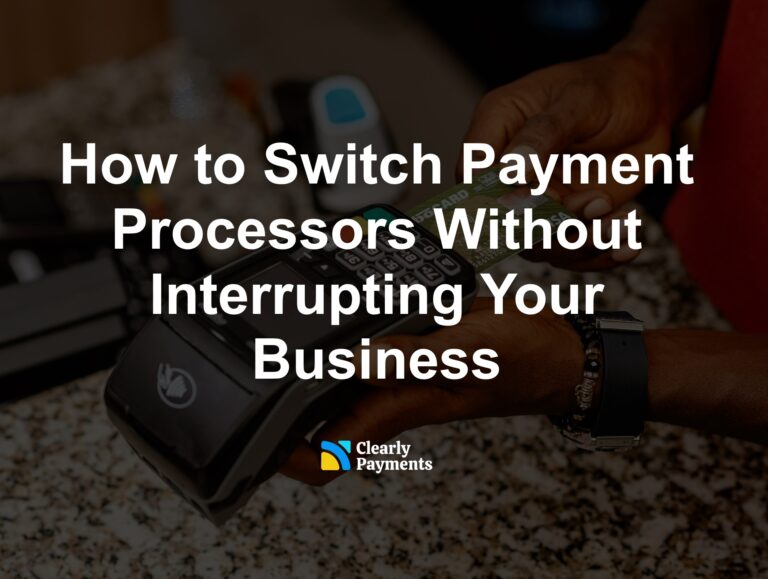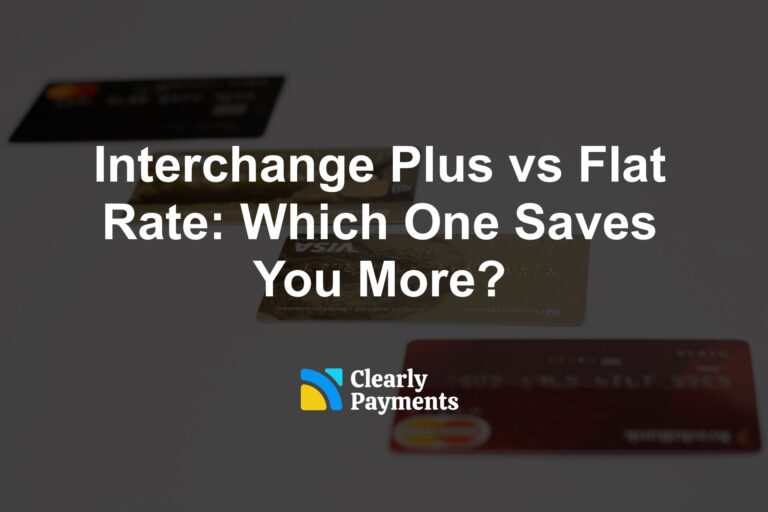When it comes to accepting online payments, businesses have two main options: a merchant account and an aggregator account. Both these options provide the necessary tools to accept payments like credit cards and debit cards, but they operate in very different ways. In this article, we’ll take a closer look at the differences between a merchant account and an aggregator account and help you understand which option is best for your business.
About merchant accounts
A merchant account is a type of bank account that allows businesses to accept credit card payments from customers. The merchant account is created through a payment processor and it is connected to the business’s website through a payment gateway or through the credit card machines provided by the payment processor. When a customer makes a payment, the funds are deposited into the merchant account, and then transferred to the business’s regular bank account.
Merchant accounts typically require a business to undergo a thorough underwriting process, which includes a credit check, business verification, and compliance with various regulations. Merchant account providers may also require businesses to pay fees for account setup, monthly maintenance, transaction processing, and chargebacks. These fees vary depending on the payment processor.
One of the key benefits of having a merchant account is that businesses have more control over their payment processing. They can customize their payment processing flow, set their own pricing and fees, and manage chargebacks and refunds directly. Additionally, merchant accounts offer higher transaction limits and lower processing fees for businesses that process large volumes of payments.
Merchant accounts do have some downsides. The underwriting process can be time-consuming and may require additional paperwork and documentation. Additionally, some businesses may not be approved for a merchant account if they have poor credit or a high risk of chargebacks.
About aggregator accounts
An aggregator account, also known as a payment facilitator account, is a type of payment processing service that allows businesses to accept credit card payments without having to set up their own merchant account. Aggregators act as a middleman between businesses and payment processors, allowing businesses to accept payments through the aggregator’s account. In an aggregator, merchant accounts are shared across thousands of merchants.
Aggregator accounts are typically easier and faster to set up than merchant accounts. Businesses can sign up for an aggregator account online, without the need for extensive underwriting or credit checks. Aggregators may also offer no setup fees and no monthly fees, making them a cost-effective option for small businesses. One of the main benefits of an aggregator account is that businesses can start accepting payments quickly and easily.
Aggregator accounts do have some limitations. They typically have lower transaction limits than merchant accounts, which can be a problem for businesses that process a large volume of payments. Additionally, aggregators may hold funds for a longer period than merchant account providers, which can affect cash flow for some businesses. Finally, businesses that use an aggregator account have less control over their payment processing, as they must follow the aggregator’s policies and pricing structure.
Pricing comparison between a merchant account and an aggregator account
The makeup of your fee structure has a drastic impact on the fees you end up paying. Merchant account providers and aggregators have very different pricing models. Aggregator (i.e. Square) pricing models work best for small businesses and merchant account (i.e. Clearly Payments) pricing models work best for medium to large businesses.
Aggregators have a higher percentage fee (i.e. 2.9%) and a higher transaction fee (i.e. $0.30), but no monthly fee. Merchant accounts tend to have a lower percentage fee (i.e. 2.3%) and a lower transaction fee (i.e. $0.08), but have a monthly fee (i.e. $15). We recommend thinking about upgrading from an aggregator to a full merchant account when you hit the level of around $150,000 per year in processing. We have a full article that compares the pricing for merchant accounts vs aggregators.
Choosing between a merchant account and an aggregator account
The answer on whether you choose an aggregator or merchant account depends on a variety of factors, such as your business’s size, industry, and payment processing needs. If you have a high volume of payments (greater than $150,000 per year) and require more control over your payment processing, a merchant account is the best option. On the other hand, if you are a small business or just starting out, an aggregator account may be a good fit, as it is more cost-effective and easier to set up.
Ultimately, the decision between a merchant account and an aggregator account comes down to your business’s unique needs and goals. By understanding the differences between these two options, you can make an informed decision that helps your business grow
Get the best credit card processing merchant account
- Lowest cost processing in the industry
- Fund transfers in less than one day
- A full set of payment products to accept payment anytime, anywhere
- World-class customer service




